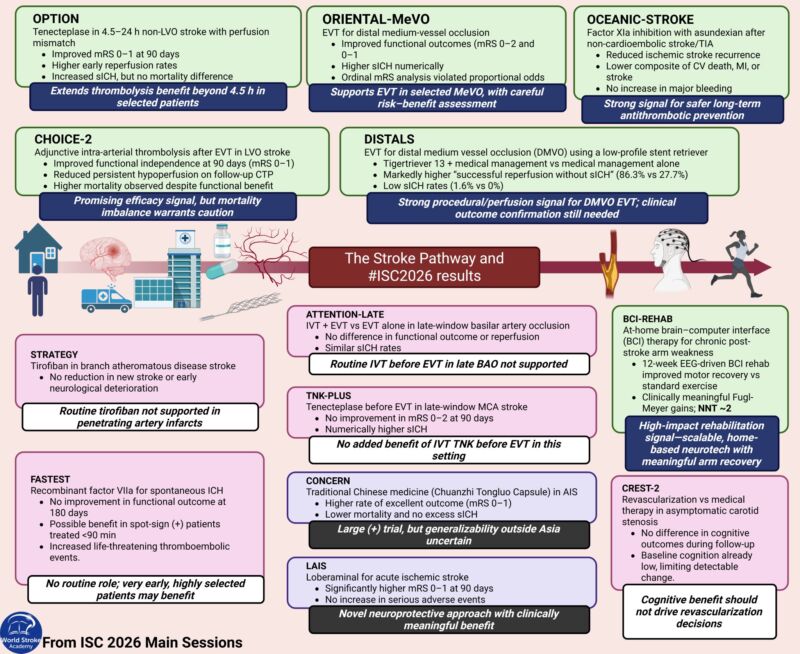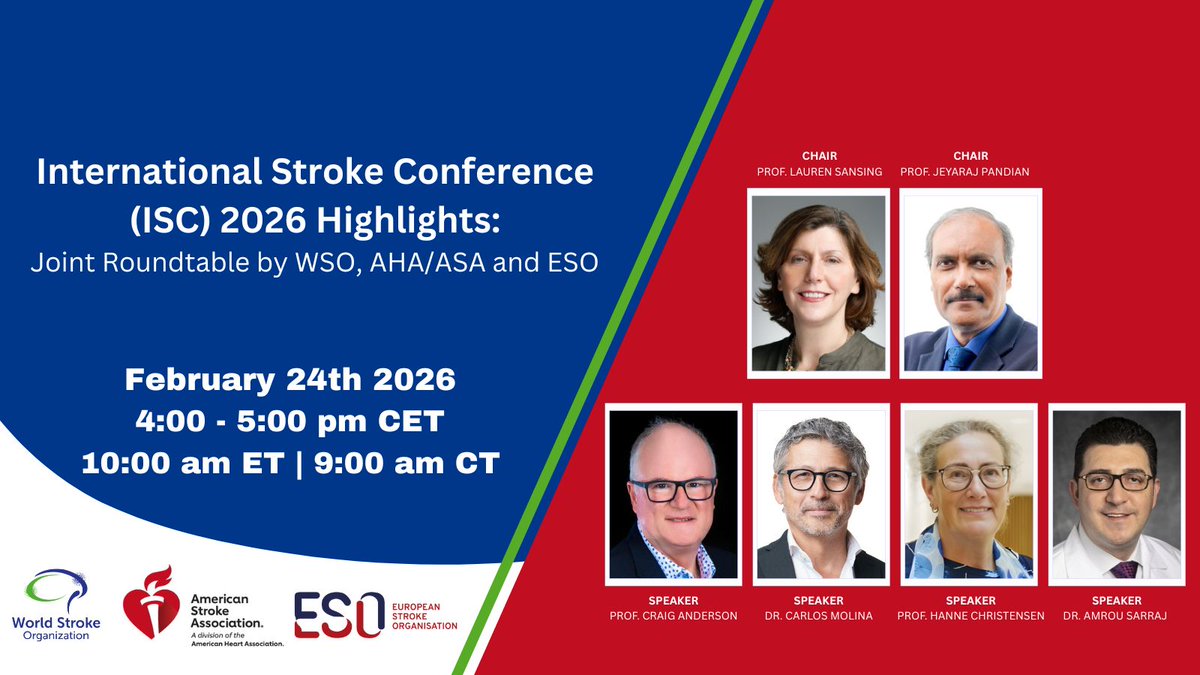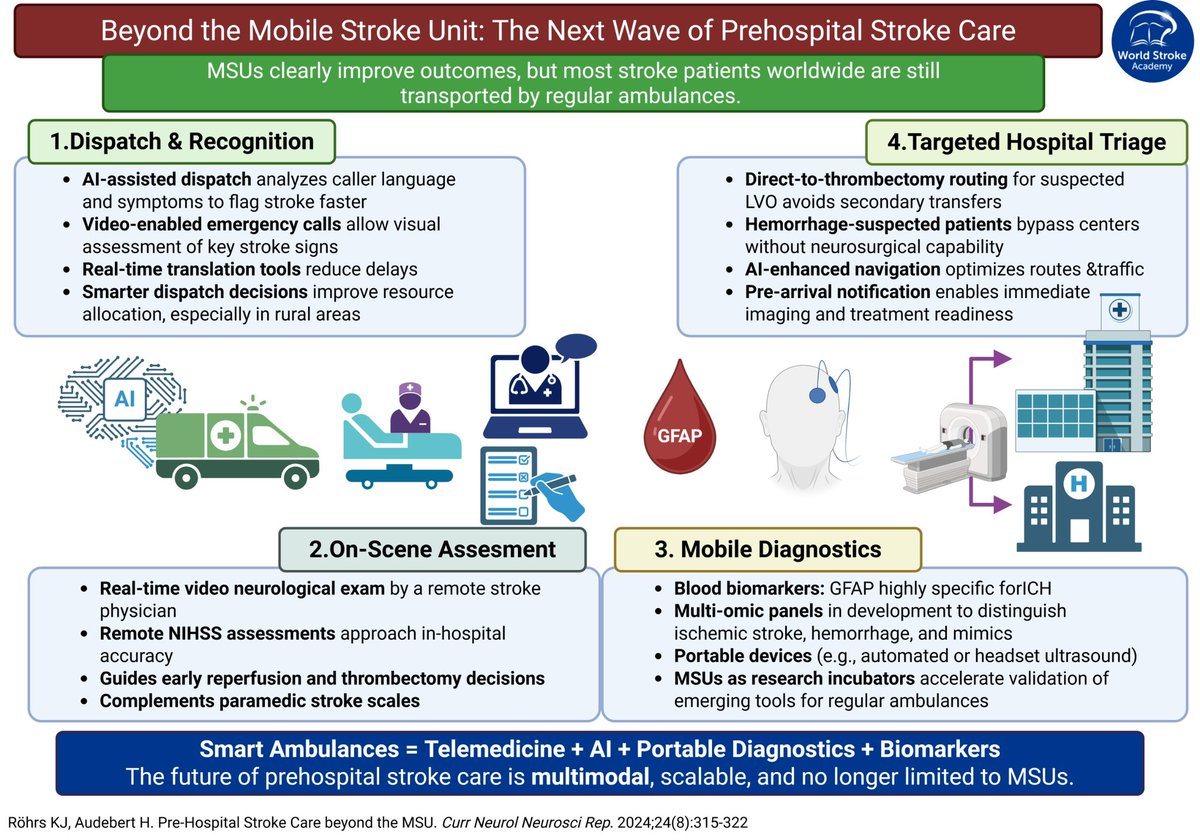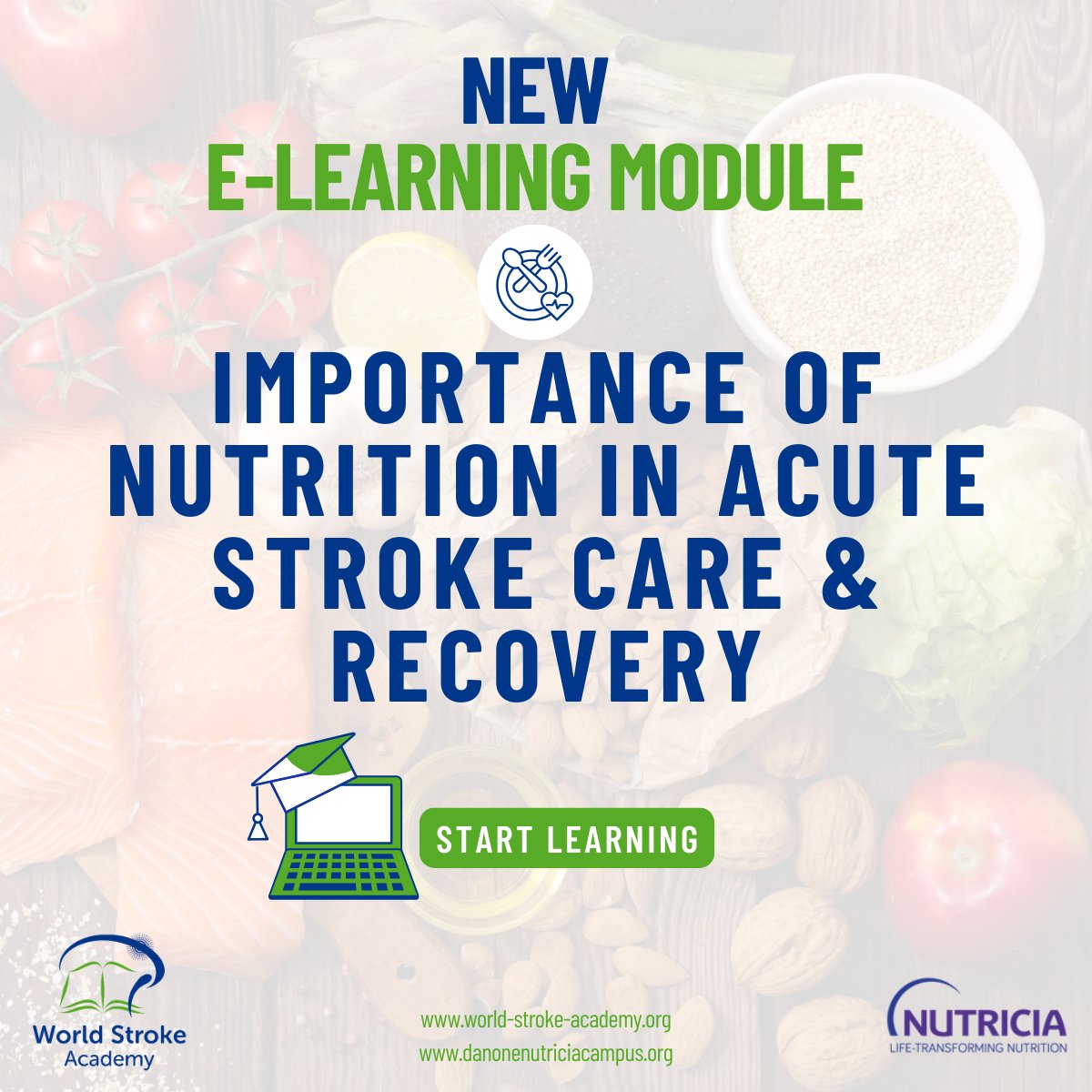The Paper of The Month – August
21 Aug 2024Navigating the Murky Waters of Glycemic Control in Acute Stroke
Navigating the Murky Waters of Glycemic Control in Acute Stroke
By Octavio Marques Pontes-Neto, MD, PHD – WSA Editor-in-Chief
This article is a commentary on the following: Wu S, Mao Y, Chen S, et al. Safety and efficacy of tight versus loose glycemic control in acute stroke patients: A meta-analysis of randomized controlled trials. International Journal of Stroke. 2024;19(7):727-734. doi:10.1177/17474930241241994
The management of hyperglycemia in acute stroke remains one of the more controversial topics in stroke care. Although hyperglycemia is a well-documented predictor of poor outcomes in stroke patients, the question of whether tight glycemic control during the acute phase can improve outcomes has long been debated. The meta-analysis by Wu et al.1, published in this issue of the International Journal of Stroke, adds an important layer of evidence to this ongoing discussion, but also raises critical questions that need further exploration.
Unpacking the Findings
In this meta-analysis, Wu and colleagues systematically reviewed 15 randomized controlled trials (RCTs) encompassing nearly 3,000 patients to compare the effects of tight versus loose glycemic control during the acute phase of stroke. Their findings are clear: tight glycemic control does not confer a survival advantage, nor does it significantly reduce the risk of recurrent stroke or improve functional independence as measured by the modified Rankin Scale (mRS). These results are consistent with previous studies, which have also failed to demonstrate a definitive benefit of tight glucose control in this context.
However, the analysis did reveal a small but statistically significant improvement in neurological outcomes, as assessed by the National Institute of Health Stroke Scale (NIHSS) and European Stroke Scale (ESS). While intriguing, this finding must be interpreted with caution. The improvement was modest, and its clinical significance remains uncertain. Moreover, this benefit comes at a steep price—an almost tenfold increase in the risk of hypoglycemia, a potentially life-threatening complication that can exacerbate brain injury and worsen outcomes.
The Dilemma of Tight Glycemic Control
The results of this meta-analysis highlight a critical dilemma in stroke management: the trade-off between potential neurological benefits and the heightened risk of hypoglycemia. Hypoglycemia is far from benign; it is a well-recognized stroke mimic and it can trigger a cascade of deleterious effects, including oxidative stress, sympathetic activation, and catecholamine release, all of which can exacerbate stroke-related brain injury. This raises a fundamental question: is the modest improvement in neurological scores worth the risk of such a dangerous complication?
This question is not easily answered, especially considering the heterogeneity in the studies included in this meta-analysis. The trials varied widely in terms of patient populations, glycemic targets, and the interventions used to achieve glucose control. Notably, the meta-analysis found that non-insulin therapies, such as α-lipoic acid and hyperbaric oxygen therapy, were associated with better neurological outcomes compared to insulin-based strategies. However, the evidence is still too sparse and inconsistent to draw firm conclusions, underscoring the need for further research.
What should we take away from these findings? First and foremost, it is clear that tight glycemic control should not be pursued at the expense of patient safety. The significantly increased risk of hypoglycemia associated with tight control is a compelling reason to adopt a more cautious approach. Indeed, the lack of a survival benefit, coupled with the absence of improvement in functional independence, suggests that our current strategies for managing hyperglycemia in acute stroke may need to be re-evaluated.
This is not to say that glycemic control is unimportant in stroke care—far from it. Rather, we must refine our approach to balance the potential benefits with the risks. Emerging therapies, such as glucagon-like peptide-1 receptor (GLP-1R) agonists and sodium-glucose cotransporter 2 (SGLT-2) inhibitors, offer promising alternatives that may lower glucose levels more safely than insulin. These agents could potentially mitigate the risk of hypoglycemia while still achieving meaningful improvements in outcomes, but their role in the acute stroke setting has yet to be fully explored.
Notably, the recently published INTERACT 3 results were not included in this metanalysis.2 This study evaluated the importance of glycemic control as part of a comprehensive care bundle for patients with acute intracerebral hemorrhage. This care bundle, which also includes early intensive blood pressure lowering, temperature control, and anticoagulation management, was shown to improve functional outcomes at six months post-stroke compared to usual care. Specifically, the protocol targeted strict glucose control, with levels maintained between 6.1–7.8 mmol/L in non-diabetic patients and 7.8–10.0 mmol/L in diabetic patients. Although the study’s primary focus was on blood pressure control, the inclusion of glucose management as a key component suggests that controlling hyperglycemia is considered essential for optimizing patient outcomes. The care bundle resulted in fewer serious adverse events and a favorable shift in functional recovery, indicating that managing physiological variables like blood glucose is critical in the acute phase of intracerebral hemorrhage to improve recovery and reduce complications.
The Path Forward
The meta-analysis by Wu et al. serves as a timely reminder of the complexity and nuance involved in managing hyperglycemia in acute stroke.1 While the pursuit of tight glycemic control might intuitively seem beneficial, the evidence suggests otherwise—at least with the interventions currently at our disposal. As we await further research, including trials that explore the use of newer glucose-lowering agents, it is prudent to approach glycemic control with a measured and individualized strategy, avoiding the pitfalls of overtreatment.
In conclusion, the management of hyperglycemia in acute stroke remains an evolving field. The balance between benefit and harm is delicate, and until more data are available, the risks associated with tight glycemic control—particularly hypoglycemia—should temper our enthusiasm for aggressive interventions. The findings of this meta-analysis should prompt clinicians and researchers alike to reconsider the goals of glucose management in acute stroke and to pursue strategies that maximize benefit while minimizing harm. As we continue to explore the uncharted waters of glycemic control in stroke, patient safety must remain our guiding principle.
References:
- Wu S, Mao Y, Chen S, Pan P, Zhang H, Chen S, Liu J, Mi D. Safety and efficacy of tight versus loose glycemic control in acute stroke patients: A meta-analysis of randomized controlled trials. Int J Stroke. 2024 Aug;19(7):727-734. doi: 10.1177/17474930241241994. Epub 2024 Mar 28. PMID: 38472157.
- Ma L, Hu X, Song L, Chen X, Ouyang M, Billot L, Li Q, Malavera A, Li X, Muñoz-Venturelli P, de Silva A, Thang NH, Wahab KW, Pandian JD, Wasay M, Pontes-Neto OM, Abanto C, Arauz A, Shi H, Tang G, Zhu S, She X, Liu L, Sakamoto Y, You S, Han Q, Crutzen B, Cheung E, Li Y, Wang X, Chen C, Liu F, Zhao Y, Li H, Liu Y, Jiang Y, Chen L, Wu B, Liu M, Xu J, You C, Anderson CS; INTERACT3 Investigators. The third Intensive Care Bundle with Blood Pressure Reduction in Acute Cerebral Haemorrhage Trial (INTERACT3): an international, stepped wedge cluster randomised controlled trial. Lancet. 2023 Jul 1;402(10395):27-40. doi: 10.1016/S0140-6736(23)00806-1.





